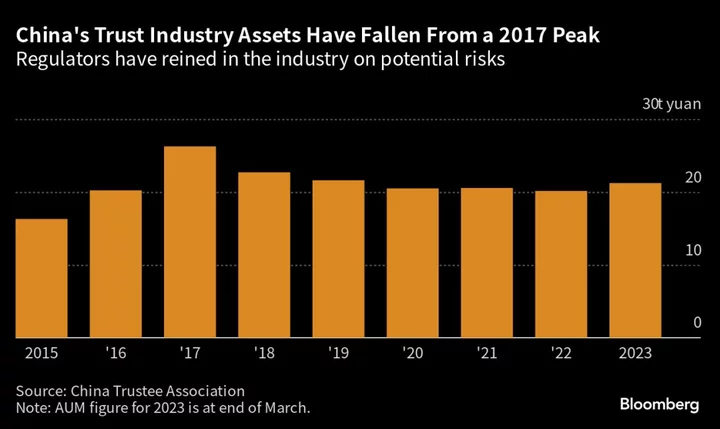Japanese civil servants may see the biggest base salary increases in more than two decades, following historic pay hikes in the private sector agreed during spring wage negotiations.
The National Personnel Authority recommended Monday that average monthly salaries of public servants be increased by around 2.7% in the current fiscal year. This includes a base pay hike of 0.96%, the largest such increase in 26 years.
With Prime Minister Fumio Kishida calling for wage growth that surpasses inflation, workers at some businesses managed to secure a 3.58% wage gain during this year’s annual pay negotiations, according to the final tally from the nation’s largest trade union group, Rengo.
Wage levels are also set to rise for non-salaried workers. A labor ministry advisory panel agreed in late July to target lifting the national average for the minimum wage by 4.3% to above 1,000 yen ($7.05) for the first time, in what would be the largest boost since the ministry began keeping records in 1978. That change, which is expected to kick in from October, would affect about 20% of the labor force, according to JPMorgan.
Advances on incomes bode well for the Bank of Japan, where Governor Kazuo Ueda is watching income trends closely as a key factor that will determine the long-range likelihood of achieving 2% inflation on a sustained basis. Ueda has said repeatedly that for now there remains some distance to reaching that goal, implying that the bank will maintain its accommodative stance for a while.
This year’s pay recommendations for public workers focus on improving salaries for younger employees, including proposals to lift starting wages by about 8% for those beginning work right after high school and 6% for those who first graduated from universities. The government also suggested revising the law to allow more employees to take three days off per week, not just those who have childcare or nursing care needs.
Japan’s finance ministry estimates that these recommendations for public sector pay, applicable to around 282,000 employees, could result in an additional financial burden of roughly 172 billion yen.
The government plans to present a proposal on the changes during the next extraordinary diet session.









